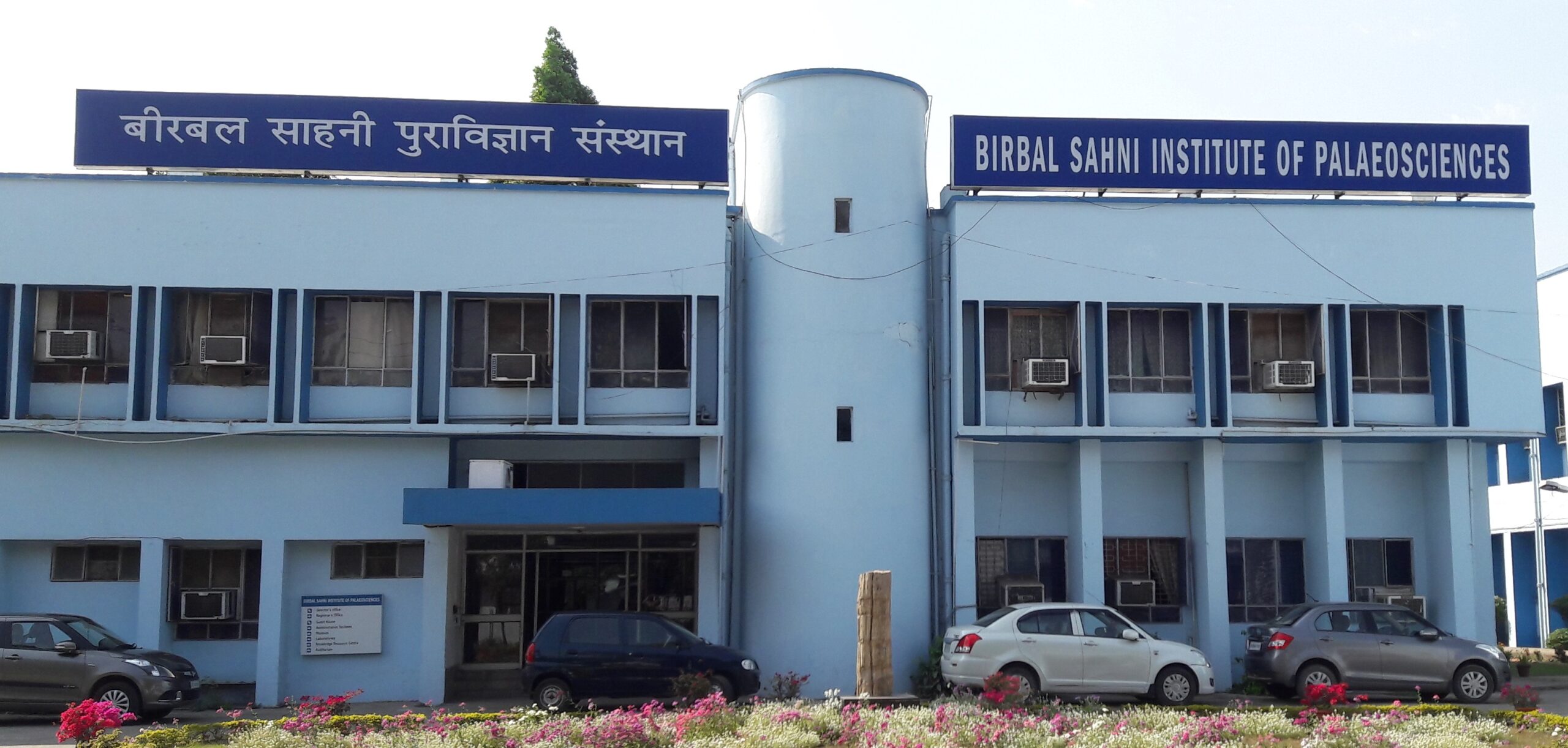Lucknow, July 21 (IANS) In a first for India, Lucknow’s Birbal Sahni Institute of Palaeosciences (BSIP) will host the International Union for Quaternary Research (INQUA) Congress in 2027.
Founded in 1928, INQUA, founded in 1928, has members from many scientific disciplines who study the environmental changes that occurred in the glacial ages.
India pipped 58 countries to bag the hosting rights of the conclave that is held once in four years.
In 2019, India had made a bid to host INQUA but lost to Rome, Italy where the conference is being held at present.
The bidding for the next host was held in Rome during INQUA 2023, in which BSIP won. The conference would be held between February 2027-2028.
According to officials, it was a tough win as many people from scientific community overseas were apprehensive about India’s ability to hold such international conference.
BSIP director Vandana Prasad said: “Excellence in the respective field and joint efforts of BSIP, the department of science and technology (DST), Ministry of Earth Sciences (MoES), Indian National Science Academy (INSA), National Centre for Polar and Ocean Research(NCPOR) and Association of Quaternary Researchers (AOQR) made it possible for India to win the hosting rights.”
She said the event would be extremely good for young Indian students and researchers who are working on various aspects of climate change issues. They will be largely benefited through interaction that may lead to collaborative work with the international scientific community.
The director said for INQUA 2027, Professor Pradeep Srivastava from IIT Roorkee has been appointed president, Dr Rahul Mohan senior scientist, NCPOR as vice president and Dr Binita Phartiyal senior scientist from BSIP as organising secretary.
Prasad said the Indian sub-continent is rich in geological features that have fascinated scientists for decades. The country offers an opportunity for research on the full spectrum of quaternary sciences.
The geological terrain of the sub-continent is sculpted to understand the Earth-linked human evolution, all within a single geopolitical entity.
“Indian science has made substantive progress in quaternary science via significant contributions to the understanding of the Earth’s processes with its unique geosciences setting and inherent challenges. The subcontinent is home to a large group of geoscientists who are keen to share their experiences with the global community and learn from them,” said the director.
Prasad added, “Through this conference, we will offer a glimpse of the quaternary sites of our country with the hope that it would entice the international fraternity to come to India and explore its quaternary history, wonders and processes. We would like to invite delegates from across the globe to come to India and experience its historical and cultural marvels and in the process partner our science for a global cause.”

